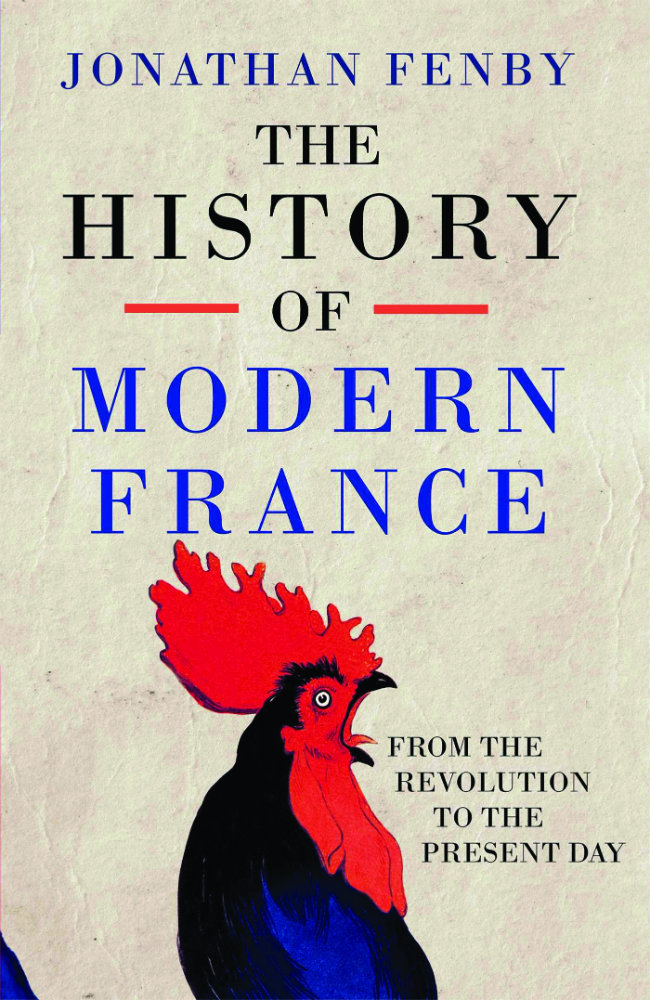Book Reviews: The History of Modern France by Jonathan Fenby

Prolific historian and author Jonathan Fenby has turned a scrupulous eye on France’s recent history, delving into major events and milestones from the revolution of 1789 to the present day. He writes with experience and clarity, bringing to life the influential figures and factors that have shaped the country into what it is today.
Interspersed glossy pages bear photographs of famous icons ranging from Pablo Picasso to Charles de Gaulle, as well as some of the most pivotal social and political moments of the past two centuries. The prose is equally unflinching, exploring historic conflicts and modern struggles, including the current rise of homegrown Islamic extremism and the parallels between France’s divided nature now and then. In Fenby’s own words: “The central argument of this book is that, while justly proud of the nation’s achievements since the Revolution, the French have become prisoners… of their past.”
The History of Modern France: From the Revolution to the Present Day, Jonathan Fenby, published by Simon & Schuster
From France Today magazine
Share to: Facebook Twitter LinkedIn Email
Leave a reply
Your email address will not be published. Required fields are marked *




REPLY